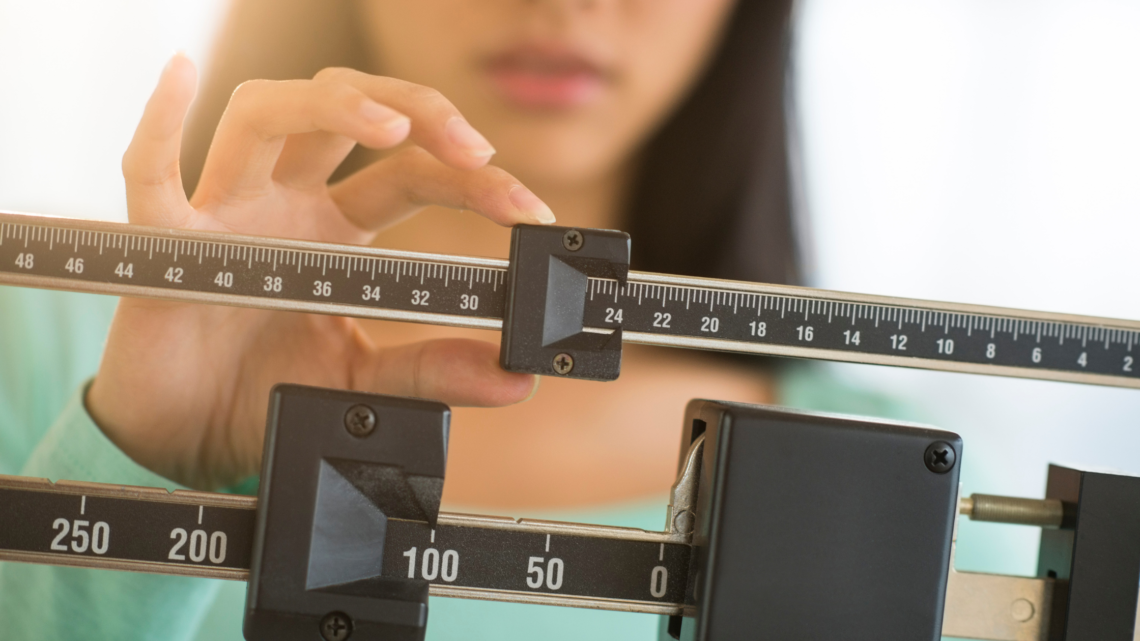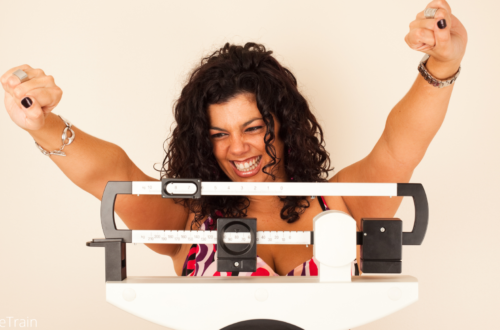
When is the Best Time to Weigh Yourself, Morning or Night?
The age-old question of when is the best time to get on that scale is a question many people face, especially those trying to lose weight.
Losing weight is hard enough, and when that number on the scale stops moving, no matter what you do, it can be frustrating and discouraging at best.
The time of day when you weigh yourself actually matters!
As a general rule, you should weigh yourself in the morning right as you wake up and before eating your breakfast. Most experts recommend weighing yourself one or two times per week and no more because weight often fluctuates, and weighing yourself too many times can result in discouragement.
Weighing yourself too frequently, for example, multiple times a day or even every day, can hurt your emotional state and possibly damage your weight loss journey.
You should realize that you might be losing inches, but the scale does not show your progress for several reasons.
Your weight can fluctuate often, and in this blog post, we will give you the reasons why that is and list some tips and tricks to help you stay positive when the scale doesn’t budge!
So keep on reading to find out!

Reasons Why the scale is not moving?
Water Retention
Water retention is one of the biggest reasons for your weight fluctuations.
The body is made mostly of water, and even a small change in the amount of water the body stores can cause the number on the scale to change.
The scale may go up when the body retains water, but it doesn’t mean you gained weight.
Water retention depends on the time of day, what you ate last night, and even your hormone fluctuations.
That’s why weighing yourself too often can give you conflicting results and make you upset.
Weigh yourself one or two times per week, do it in the morning, and that will give you the most consistent results.

Insulin Resistance
So what if you are losing inches from your waist, but your weight doesn’t change?
The culprit may be insulin resistance.
Insulin resistance slows down the metabolism. Also, if your insulin response does not function properly, your body does not absorb protein efficiently.
Protein is heavier than fat; therefore, you may not see the scale move, but your waist is shrinking. That is why measuring your body is a better tool for tracking your progress.
A healthy diet like the ketogenic or Mediterranean diet can help reverse insulin resistance.
Once the insulin resistance is gone, the body begins absorbing more protein. Your cravings disappear, and the scale starts to move again.
Muscle Gain
Muscle gain can actually cause the scale to stay still or even go up. This is because muscle is heavier than fat. So if you are losing fat but gaining muscle, the scale might not reflect your progress.

Best way to track weight loss:
Weight loss is a process that takes time, and everyone loses weight differently.
Some may see the scale move quickly, while others may see slower results. Women, in general, lose weight slightly slower than men.
(click here to find out about how women can lose weight quickly)
How Your Clothes Fit.
Weight loss is not just about the number on the scale. Therefore, you should focus on other ways of tracking your progress instead.
How your clothes fit and whether or not they are getting loose as time goes on is a great way to track your weight loss progress.
You may lose body fat and shrink in size, but water retention stops the scale from moving.
Measure Your Waistline.
A great way to track your progress is by measuring your waistline and tracking the inches you lose every week.
If your waist is shrinking, but the scale hasn’t moved, just keep on going, and you will see the number on the scale move soon enough.
Takeaway
Although weighing yourself daily may seem like the best way to track your progress, it can have the opposite effect. Studies have shown that people who weigh themselves more than once a week are more likely to give up on their diet and exercise plans. So if you’re looking for accurate results, stick to the once power week rule. And don’t forget – consistency is key! If you stick with your weight-loss plan, you’ll see results in no time. Thank you for reading!
References:
VanWormer, J.J., French, S.A., Pereira, M.A. et al. The Impact of Regular Self-weighing on Weight Management: A Systematic Literature Review. Int J Behav Nutr Phys Act 5, 54 (2008). https://doi.org/10.1186/1479-5868-5-54



